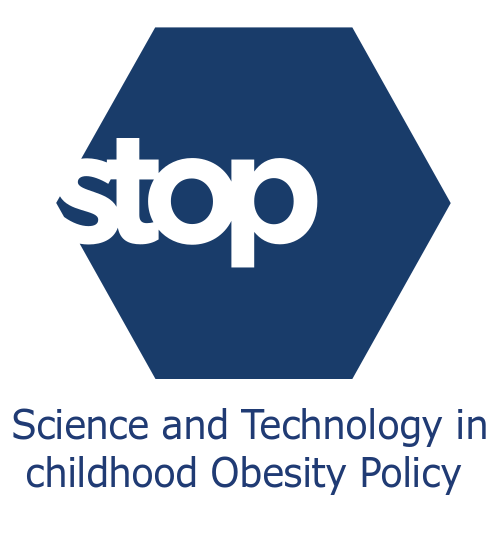STOP’s third newsletter released!
The third STOP newsletter has been released! In this issue, you can find out the latest regarding the project and learn more about our results so far. Read about our innovation projects, the new call […]
The third STOP newsletter has been released! In this issue, you can find out the latest regarding the project and learn more about our results so far. Read about our innovation projects, the new call […]
By Olivier Allais Allais, Olivier, Enderli, Géraldine and Soler, Louis-Georges of INRAE France have recently proposed a working paper on the evaluation of the impact of Dutch, French, and British sugar-reduction policies on the sugar […]
By Ali Belabess Microsimulation models of health outcomes are designed to reproduce the epidemiological dynamics of a population of interest. Models do so by simulating individual life histories for each member of the population, including […]
By Stefanie Vandevijvere and Iris Van Dam Tackling child obesity requires a comprehensive societal response, including government policies, community support, and wide-scale action from the food industry. The WHO has identified a number of actions […]
By Paolo Vineis STOP is conducting extensive research with biological markers that explore the relationships between behaviours (e.g. physical activity, diet) and the risk of obesity in children. This is achieved through the analysis of […]
This website uses cookies so that we can provide you with the best user experience possible. Cookie information is stored in your browser and performs functions such as recognising you when you return to our website and helping our team to understand which sections of the website you find most interesting and useful.
Strictly Necessary Cookie should be enabled at all times so that we can save your preferences for cookie settings.
If you disable this cookie, we will not be able to save your preferences. This means that every time you visit this website you will need to enable or disable cookies again.
This website uses Google Analytics to collect anonymous information such as the number of visitors to the site, and the most popular pages.
Keeping this cookie enabled helps us to improve our website.
Please enable Strictly Necessary Cookies first so that we can save your preferences!
